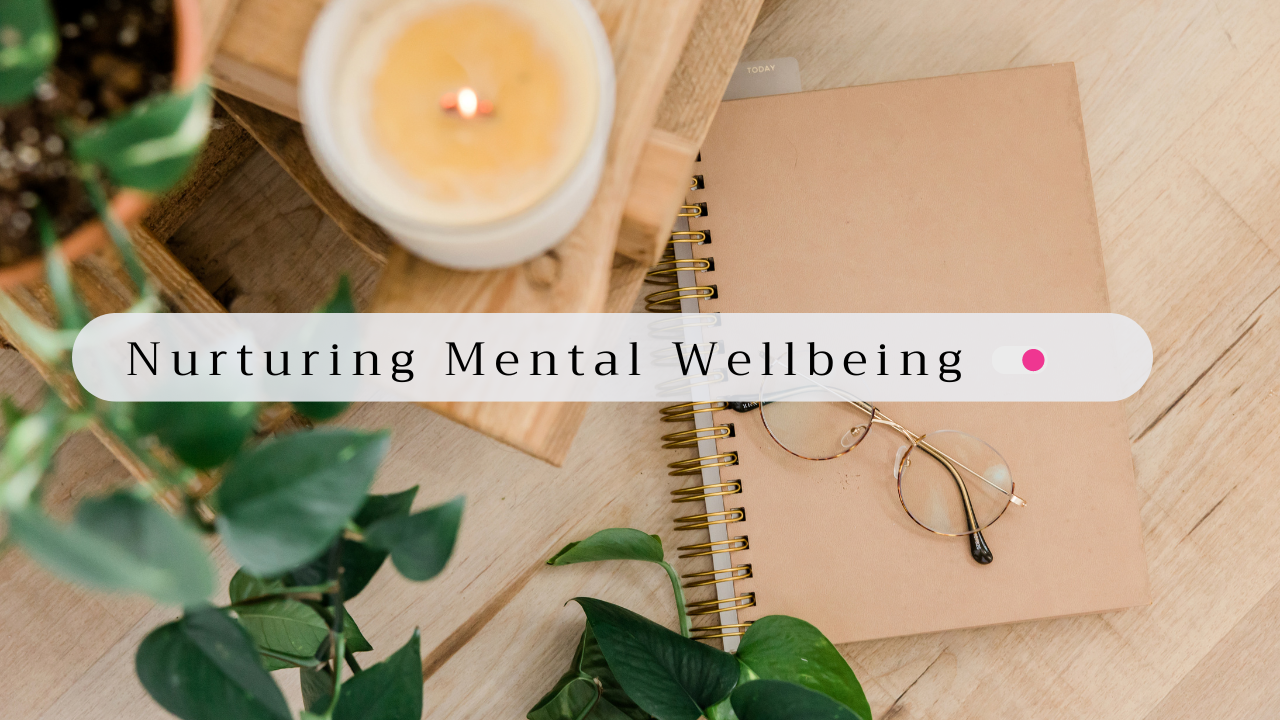
Yoga Nidra, often referred to as “yogic sleep,” is a powerful and ancient practice that combines elements of meditation, relaxation, and mindfulness.
It is designed to take you to a state between wakefulness and sleep, inducing deep physical, mental, and emotional relaxation. Unlike traditional meditation, where the focus is on awareness and concentration, Yoga Nidra guides practitioners to a state of conscious awareness while in a fully relaxed position.
In essence, it is a state between wakefulness and sleep, where the body is in deep rest, yet the mind remains alert. Yoga Nidra is useful as a guided meditation and relaxation technique.
It originated from ancient yogic traditions and has been refined over time to become a structured
and accessible practice.
Key Elements of Yoga Nidra Practice are:
Body Awareness, Breath, and Visualization:
The practice begins with an awareness through the physical body, bringing attention to each part. Conscious breathing and visualisation techniques used, guide practitioners toward a deep state of relaxation.
The Role of Intention (Sankalpa):
The concept of Sankalpa, is the intentional seed planted during Yoga Nidra. Crafting and repeating specific positive intentions influence the subconscious mind, shaping personal and professional growth.
Key Benefits of Yoga Nidra Practice are:
- Physiological:
Yoga Nidra has been associated with reduced cortisol levels, improved immune function, and a balanced autonomic nervous system.
- Psychological:
Studies indicate positive effects on stress reduction, anxiety management, and enhanced cognitive function.
In one research to assess the effects of a yoga Nidra on life stress and self-esteem in university students, forty university students were selected by convenience sampling, with 20 assigned to a yoga Nidra group and 20 to a control group. The yoga group participated in bi-weekly, 1-h sessions of yoga Nidra for 8 weeks. Life stress intensity level was measured using a 10 cm ”Visual Analog Scale”. Self-esteem score was measured by Rosenberg’s Self-Esteem Scale. The yoga Nidra group showed significantly decreased life stress intensity levels compared to the control group. The yoga group also showed significantly increased self-esteem scores compared to the control group.
These findings indicate that yoga nidra could alleviate the life stress intensity level and increase the self-esteem in university students.
During a Yoga Nidra session, you’ll be lying down in a comfortable position, closing your eyes, and following the verbal instructions in the soothing voice of a guide. The practice involves systematic body scanning, breath awareness, and guided imagery, all leading to a profound sense of relaxation.
Despite the name, the goal is not to fall asleep but to maintain a state of relaxed consciousness.
The Health Benefits of Yoga Nidra
Yoga Nidra has been scientifically proven to:
Reduce stress and anxiety levels
Enhance focus and cognitive function
Improve sleep quality and overall well-being
In the peaceful state between wakefulness and sleep, Yoga Nidra becomes a powerful tool in our quest for well-being. By weaving ancient wisdom with modern practices, this intentional journey through breath and visualisation offers a profound way to reduce stress, boost cognitive function, and connect with our inner selves.
We can also use it for supporting any illness by creating specific Sankalp. It’s more than just a relaxation technique; it’s an awakening, guiding us towards a balanced and resilient life. Explore the transformative power of Yogic Sleep for a more tranquil and harmonious existence.



